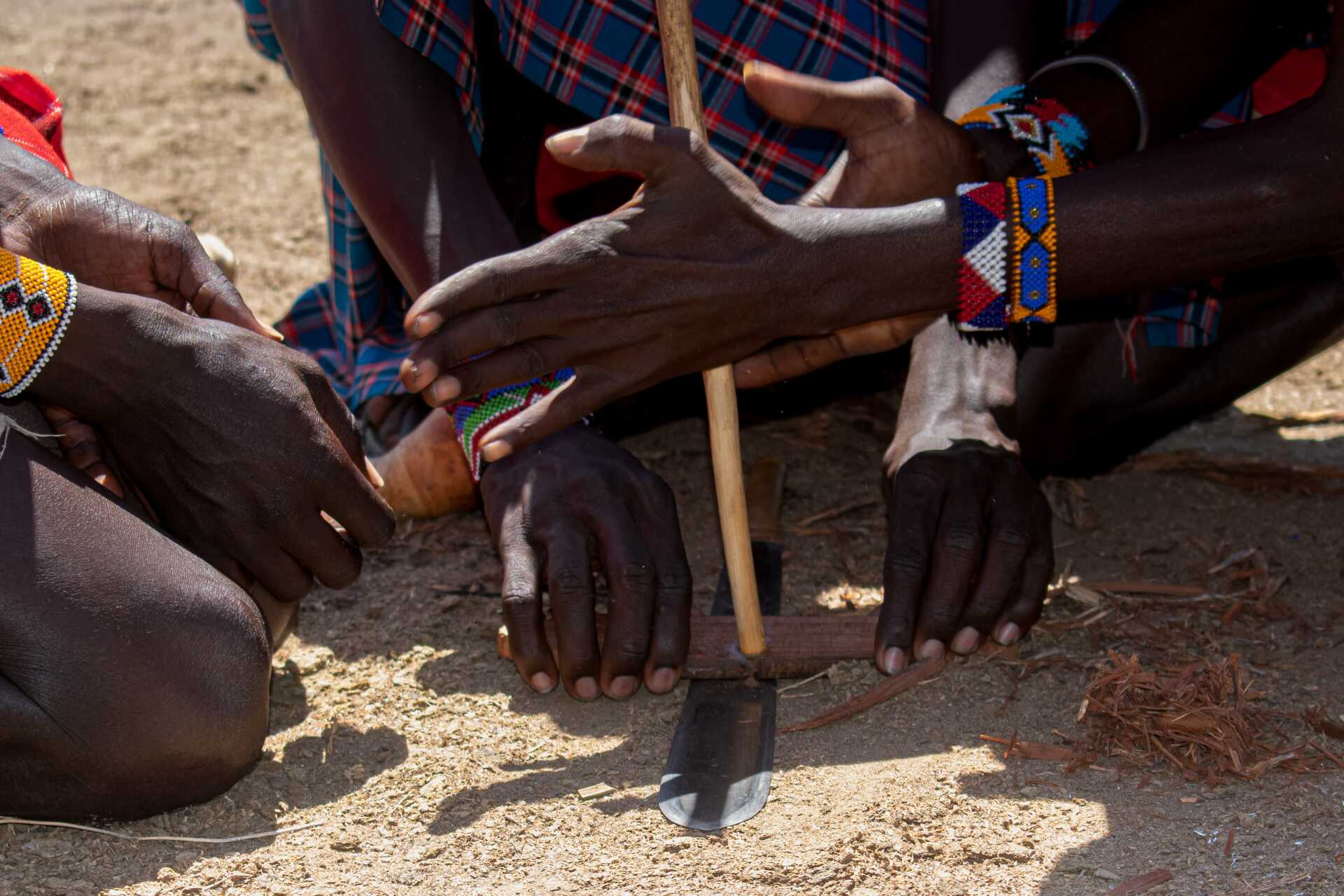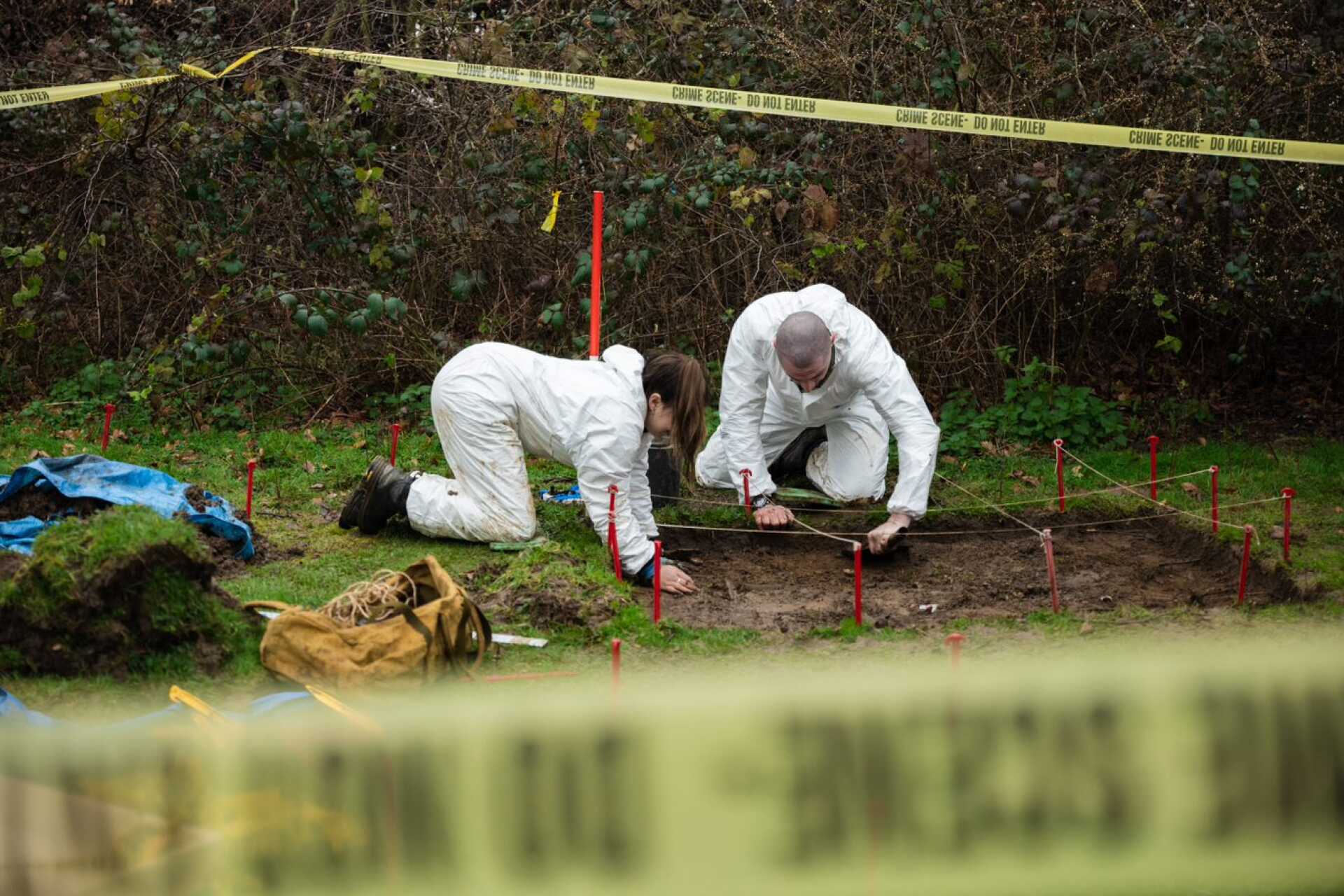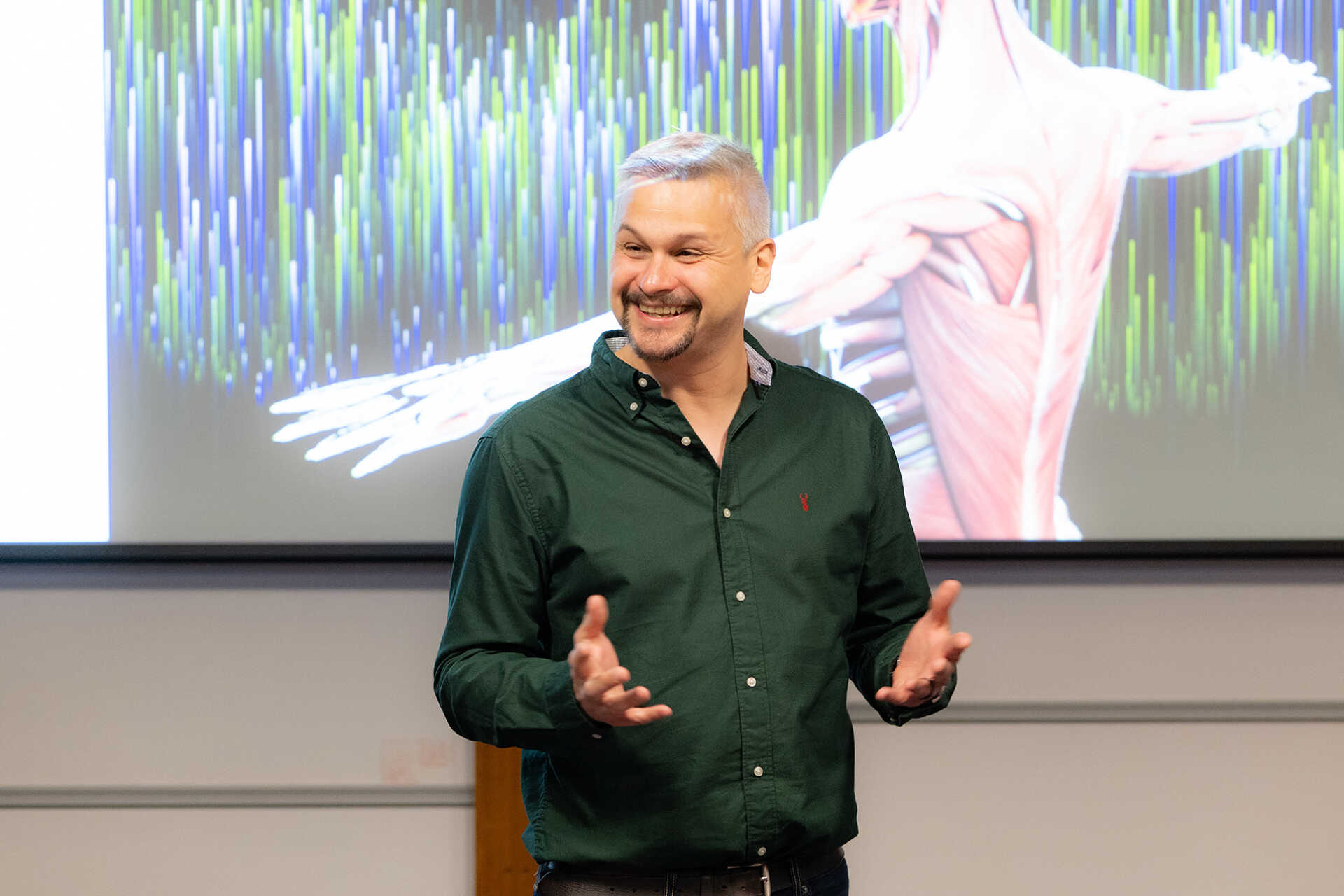Anthropology
Find your place in an ever-changing world. Delve into the history of our species and explore the amazing diversity of human cultures.

Find your place in an ever-changing world. Delve into the history of our species and explore the amazing diversity of human cultures.
Anthropology is a blend of the sciences and the humanities, providing graduates of this course with the objective reasoning of the scientific method, as well as a deep understanding of how to communicate with other people around the world.
Examine how we evolved, why we live in different societies, and how we interact with one another and the environment. You’ll develop insight into social and cultural difference, understand the history, behaviour, and evolution of our species and gain a unique perspective invaluable to employers across a wide range of industries.
Get practical with our brand new micro CT-scanner within the Imaging Centre for Life Sciences, the Ethnobiology Laboratory for identification of useful plants, and the Charles Darwin Lab with its impressive fossil cast collection. Field trips present another opportunity for you to learn beyond your lectures at zoos, museums, religious sites, and the financial district.

Bring your learning to life with field trips at zoos, museums, religious sites and the financial district.
of final-year Anthropology students were satisfied with the quality of teaching on their course in The Guardian University Guide 2023.

Be inspired by academics at the forefront of their fields including biological, environmental, evolutionary and social anthropology.
Excellent staff-student ratio, regular workshops and alumni talks, dedicated academic advisors and a peer mentoring scheme.

Boost your degree with a year in professional practice, data analytics, computing or more to expand your skills and apply your knowledge.
The University will consider applications from students offering a wide range of qualifications. Click below to find out more. Please also see our general entry requirements.
We are no longer accepting applications for this course for 2024.
Distinction, Distinction, Merit in an academic based subject. Other subjects such as Hospitality, Catering, Art & Design, Music, Photography and Dance will be considered on a case-by-case basis
120 Tariff points from your IB Diploma, Typically H5, H6, H6 or equivalent |
Mathematics grade C/4
Pass the University of Kent International Foundation Programme.
The University will consider applicants holding T level qualifications in subjects closely aligned to the course.
Obtain Access to HE Diploma with 45 credits at Level 3 including 24 at Distinction and 21 at Merit. |
The following modules are offered to our current students. This listing is based on the current curriculum and may change year to year in response to new curriculum developments and innovation:
Our teaching is research-led as all our staff are active in their fields. Social and biological anthropology staff have been awarded national teaching awards, reflecting the quality of the undergraduate programmes.
Anthropology at Kent uses a stimulating mix of teaching methods, including lectures, small seminar groups, field trips and laboratory sessions. For project work, you are assigned to a supervisor with whom you meet regularly. You also have access to a wide range of learning resources, including the Templeman Library, research laboratories and computer-based learning packages.
Many of the core modules have an end-of-year examination which counts for 50% to 100% of your final mark for that module. The remaining percentage comes from practical or coursework marks. However, others, such as the Project in Anthropological Science are assessed entirely on coursework. Both Stage 2 and 3 marks and, where appropriate, the marks from your year abroad, count towards your final degree result.
For a student studying full time, each academic year of the programme will comprise 1200 learning hours which include both direct contact hours and private study hours. The precise breakdown of hours will be subject dependent and will vary according to modules.
Methods of assessment will vary according to subject specialism and individual modules.
Please refer to the individual module details under Course Structure.
For programme aims and learning outcomes please see the programme specification.
Studying anthropology gives you an exciting range of career opportunities. We work with you to help direct your module choices to the career paths you are considering. Through your studies you learn how to work independently, analyse complex data and present your work with clarity and flair.
Our recent graduates have found work in:


The 2024/25 annual tuition fees for this course are:
For details of when and how to pay fees and charges, please see our Student Finance Guide.
For students continuing on this programme, fees will increase year on year by no more than RPI + 3% in each academic year of study except where regulated.*
The University will assess your fee status as part of the application process. If you are uncertain about your fee status you may wish to seek advice from UKCISA before applying.
One day trips that are compulsory to a module are financially funded by the School. Optional or longer trips may require support funding from attendees.
Find out more about accommodation and living costs, plus general additional costs that you may pay when studying at Kent.
Kent offers generous financial support schemes to assist eligible undergraduate students during their studies. See our funding page for more details.

We have a range of subject-specific awards and scholarships for academic, sporting and musical achievement.
We welcome applications from students all around the world with a wide range of international qualifications.
Student Life

In the QS World University Rankings 2024, Kent has been ranked 39th within the UK and is in the top 25% of Higher Education Institutions worldwide.
Kent Sport
Kent has risen 11 places in THE’s REF 2021 ranking, confirming us as a leading research university.

An unmissable part of your student experience.